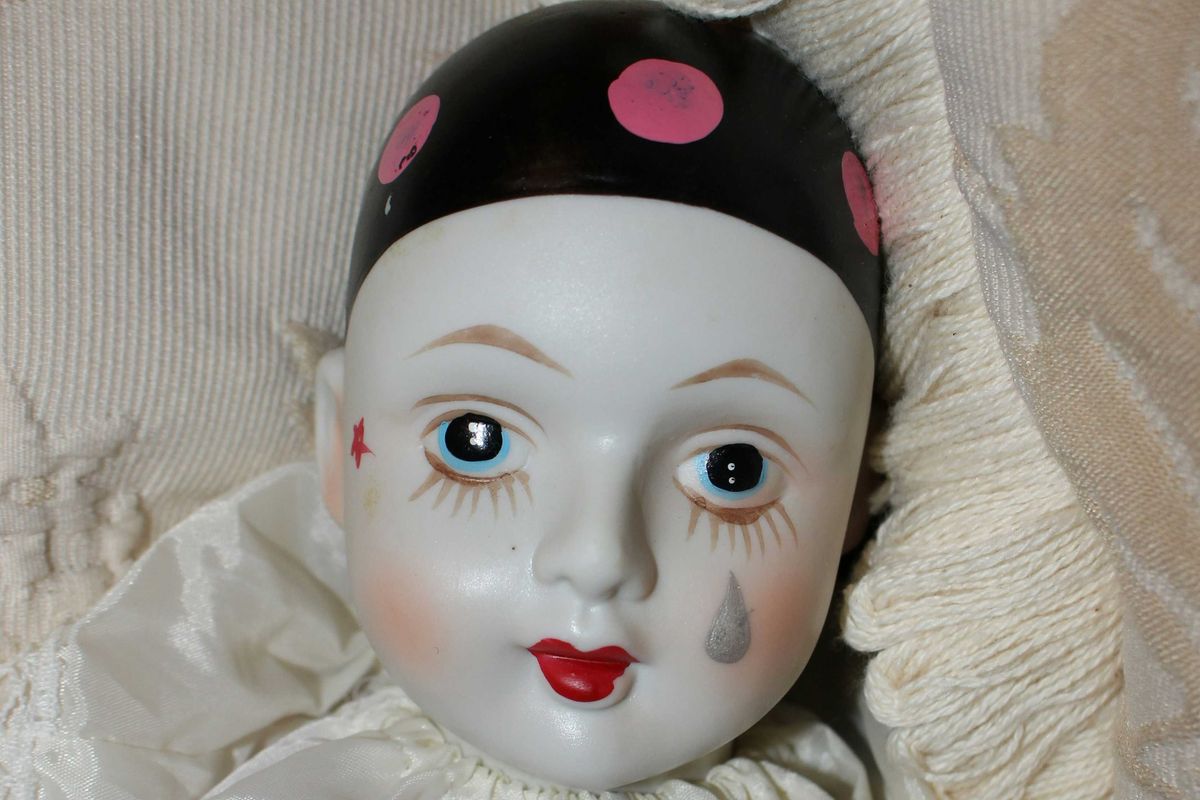His father nearly killed him. His incredible escape inspired a lifesaving organization.
When Kevin Steen left for work on an October morning in 2013, he received a flurry of urgent texts from his friend Mohammad.
The two had become fast friends two years earlier while Kevin was studying Arabic abroad in Jordan, so it wasn’t unusual for the two to text each other on Kevin’s bus ride to work.
But on this particular morning, it was different.
Mohammad’s life was in danger: he had been outed as gay to his family, brutally beaten by his father, and was fleeing for his life.
In Jordan, being outed as gay could be a death sentence, particularly within conservative families. That morning, Mohammad’s mother had sent him a warning text, risking her own life to tell him that his father had a loaded gun and was determined to find and kill him.

That’s why Mohammad needed to find someplace safe to hide — and he needed to do so quickly.
Kevin immediately tried to help but despite an exhaustive search, he couldn’t track down any organizations that could offer immediate aid to Mohammad. So, with no time to spare, he took matters into his own hands and wired money to Mohammad to rent a room.
Mohammad had to keep moving though because his father continued to stalk him relentlessly. There were a number of close calls — including a terrifying day in which his father found one of the addresses where Mohammad was staying, and started shooting at the window while Mohammad hid under the bed.
But these close calls didn’t deter him. While his father was persistent, Mohammad was even more so. He insisted on finishing his college education even in light of his father’s intimidation, disguising himself in a burka to enter his campus undetected.

At each step of the way, Kevin was there, fundraising behind the scenes from the other side of the world to ensure that his friend had everything that he needed to survive, including shelter, food, and tuition money. And as graduation approached, they worked together to obtain a visa to safely relocate Mohammad to the United States.
Kevin was grateful for the chance to support his friend, but he knew that Mohammad’s struggles were not unique.
While there are some efforts on the ground to support LGBTQ+ people in Jordan, the Middle East and North Africa, most don’t get the resources and support they need.

This is due in part to the fact that in these regions, setting up and formally registering an organization that supports LGBTQ+ people is risky — sometimes even illegal. But if they can’t formally register, fundraising and outreach is difficult to coordinate. So when people, like Mohammad, are in crisis, there are often no existing programs able to offer the immediate support they need.
That’s why Kevin created Rainbow Street in 2014, an international organization that uses grassroots fundraising in the United States to support LGBTQ+ activists on the ground in the Middle East and North Africa.
He named the organizations after a street in Jordan, the country where he first met Mohammad.
The organization not only helps refugees like Mohammad through direct assistance — providing housing, healthcare, and basic needs for those waiting to relocate — but it also helps connect LGBTQ+ people in the region with local support networks and resources. While Mohammad needed to relocate, not everyone in the region does, so Rainbow Street provides support based on each individual’s needs.
Activists in Jordan, Lebanon, and Tunisia lead the work on the ground, determining where their aid is needed most, while Kevin and his US-based volunteers provide the material support that allows them to coordinate these efforts.
Nearly five years ago, Kevin couldn’t have known that his efforts to keep Mohammad safe were just the beginning of something much bigger than them both.
Mohammad and Kevin both live in the San Francisco Bay Area now, and they remain close friends to this day.
Their shared experience not only strengthened their friendship, but also became the foundation for Rainbow Street’s extraordinary work helping other LGBTQ+ people in the Middle East and North Africa.
And for Kevin especially, it was a deeply personal reminder of the power that one person can have to make a difference.



 A
A 
 Homemade granola bars with chocolate chips – perfect for a delicious snack!
Homemade granola bars with chocolate chips – perfect for a delicious snack! Refresh with a healthy green juice boost.
Refresh with a healthy green juice boost. Making fresh orange juice in the kitchen. 🍊
Making fresh orange juice in the kitchen. 🍊 Be careful with supplements.
Be careful with supplements.
 Each of those arms has its own brain?
Each of those arms has its own brain?
 A white porcelain doll with a tear stain. Photo by
A white porcelain doll with a tear stain. Photo by 